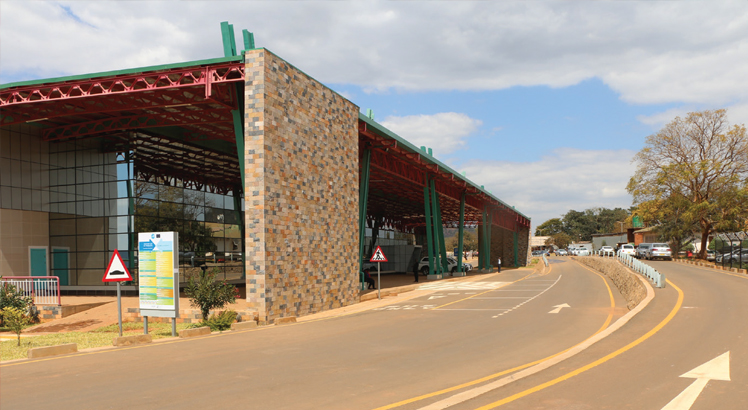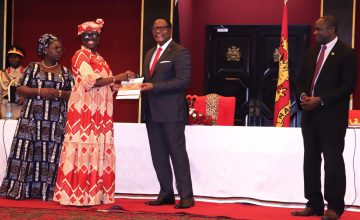Public entities faulted for Foreign finance obsession
Malawi Stock Exchange chief executive officer John Kamanga says State-owned Enterprises (SoEs) have a “unquenchable thirst” for external sources of project financing at the expense of the domestic capital market.
He said this in Lilongwe on Wednesday during a panel discussion which was part of the 2021 National Development Conference organised by the National Planning Commission (NPC).
Kamanga wondered why many SoEs are obsessed with mobilising resources from international banks when the 16-counter MSE has the capacity to generate resources for SoEs.

He said that using long-term Treasury Notes, Ministry of Finance has raised about K929 billion and added that MSE has provided an “equity space” worth
K85 billion.Kamanga said: “Why should Egenco borrow from an Indian bank? Why should Escom borrow, say $10 million, from a bank in China when Icon Properties can raise K14 billion through initial public offering.
“Treasury is targeting to generate K38 billion through its 10-year tenor and already, it has raised about K26 billion. We have the resources here in the country, but we just need mindset change.”
There are currently 67 commercially operating SoEs in Malawi. But most of them have limited autonomy and operate with little transparency, opening the door to political interference and mismanagement, according to the World Bank’s recently launched Country Private Sector
Diagnostic report.
But Kamanga advised SoEs to abandon the culture of business as usual by addressing their governance challenges before participating in the money or securities market.
“A good number of SoEs do not have audited accounts say for six years,” he said.
Nico Capital Limited CEO Ben Makhela said financial institutions need to do more in terms of collaborating over possible funding modalities.
Reserve Bank of Malawi (RBM) Deputy Governor Grant Kabango challenged SoEs and all other economic agents that the local market has the capacity to provide resources.
He said that is the reason the country is registering growth in terms of private sector credit, adding that non-performing loans have also been decreasing to around five percent from over 20 percent over the past two years.
Responding to concerns from participants that RBM should cut further the policy rate currently at 12 percent, Kabango said the central bank looks at a number of economic indicators before making a decision.
He warned that cutting the policy rate anyhow without considering other economic variables has the potential to trigger inflationary pressure on the market.
Kabango said: “When you compare the 12 percent rate and the off-shore rates of say three, five or six percent, you will notice that the off-shore borrowing, though relatively cheaper, has several multiplier effects, especially on the exchange rate as the borrower has an obligation to repay using foreign reserves.”
During the meeting, panellists also talked about the need for the country to tap and utilise pension funds for infrastructure development.
RBM figures show that the pension fund has grown to K1.2 trillion.





